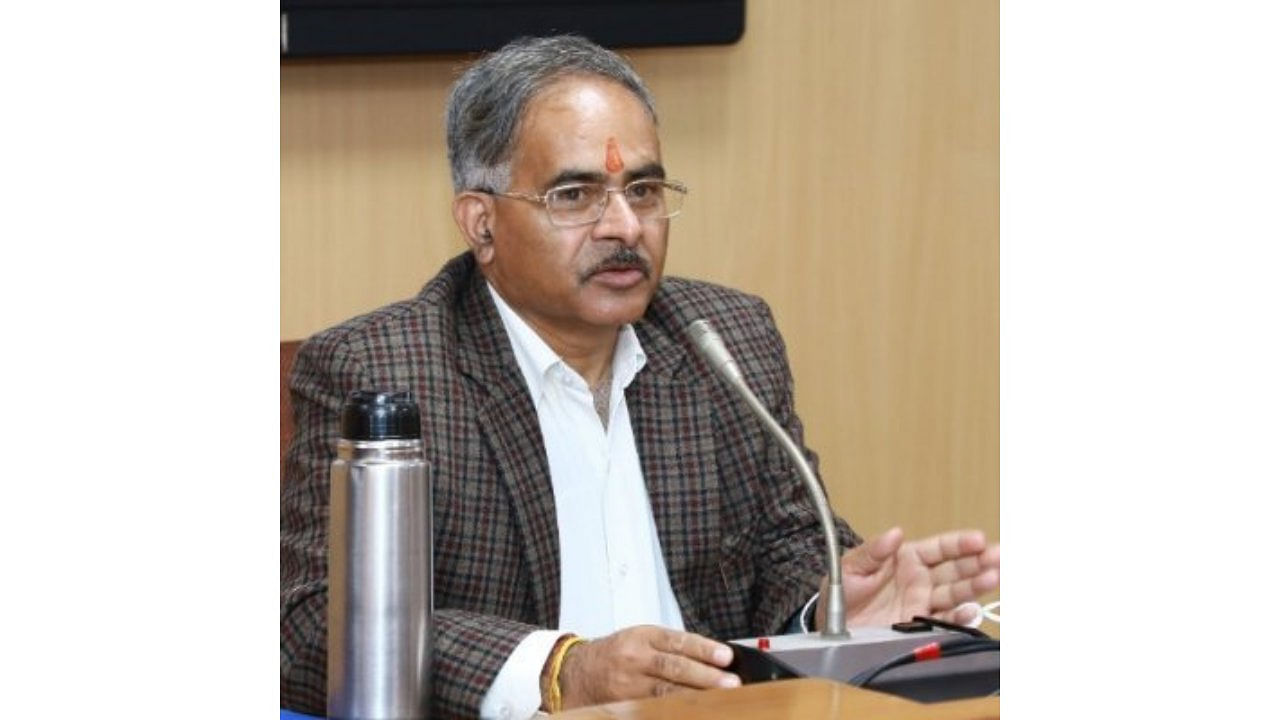
The recent changes in textbooks have not been made to please or offend anyone, rather these are purely based on the recommendations made by experts, said NCERT Director Dinesh Prasad Saklani.
In a detailed conversation with IANS, Saklani said that the NCERT is now going to introduce new books for all classes on the basis of National Education Policy (NEP).
According to the NCERT chief, changes have not only been made in history books, but in all other subjects as well to reduce burden from students.
Excerpts from the interview:
IANS: Is it true that the NCERT is bringing new school textbooks?
Saklani: It is true that the NCERT is preparing new textbooks for all classes. The new curriculum will be based on the NEP. The curriculum for the foundation level has been designed and new textbooks will be made available within next two months, while the revision in curriculum of higher classes is still going on and the new textbooks may be finalised in a year.
Read | 41% rise in number of students registered for CUET-UG, over 13.99L students to take exam this year
IANS: Why are these revisions being made in NCERT textbooks?
Saklani: Firstly, there are no big changes. Secondly, all these revisions were made last year. Everyone has seen what the situation was then due to the coronavirus. Students suffered a huge loss of learning. Not just the school level students, but also the students studying in higher education institutions across the country and the world, have suffered loss of learning due to the closure of schools, colleges and universities. In such a situation, NCERT decided to do some revisions in curriculum on the basis of suggestions provided by experts so that the burden of studies on the students, who come to school after a long time, can be reduced.
IANS: What would be the benefit for students of reducing chapters and facts from textbooks?
Saklani: It has directly benefited the students. We had reduced the syllabus in 2022 itself and it reduced the burden of studies from students who came to school after a long time. They had to study lesser materials for their exams. Even the examination-related stress on students, who were already suffering from the stress of Corona, was also diminished.
IANS: A few people have alleged that the curriculum change is part of the strategy to completely exclude the Mughals from the textbooks. What's your take?
Saklani: I want to make it clear that the NCERT has not taken this step at the behest of anyone. The decision to reduce the syllabus was not taken to please or offend anyone. We have taken this step to provide immediate relief to students. The changes are based on the opinion of educationists and experts from across the country. The allegations that all the chapters on Mughals have been removed from textbooks are completely baseless, it is not so.
IANS: On what basis did the NCERT decide to remove chapters from textbooks?
Salanki: For this, we formed a committee of education experts from across the country. These experts, to reduce the burden of students, made an in-depth study of every subject and book from Class 6 to 12, and then recommended removal of such chapters and facts from the syllabus which were repeated. The experts whose advice were taken included university level educationists, experts associated with schools and experts from NCERT itself.